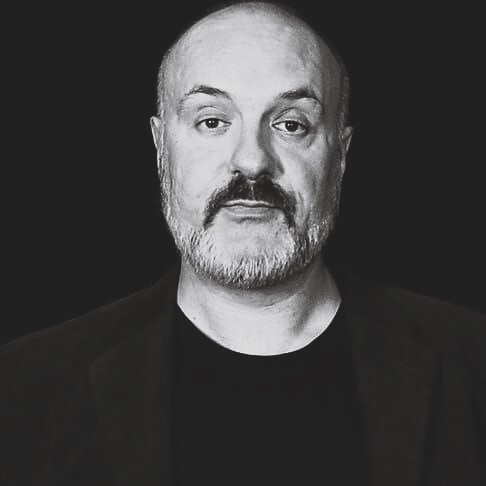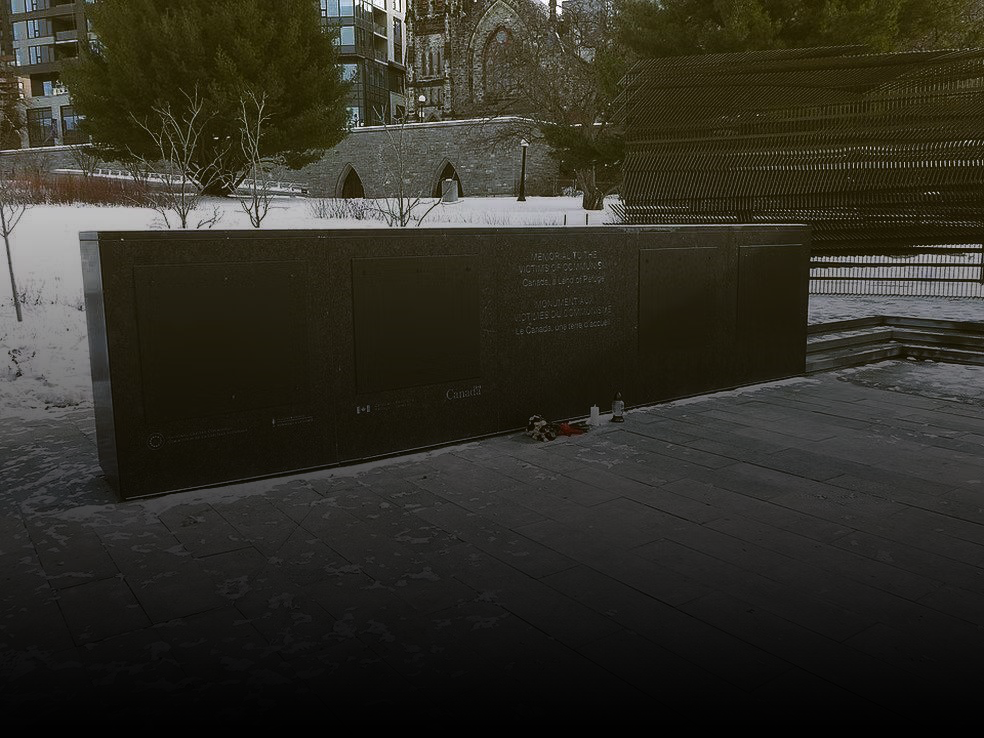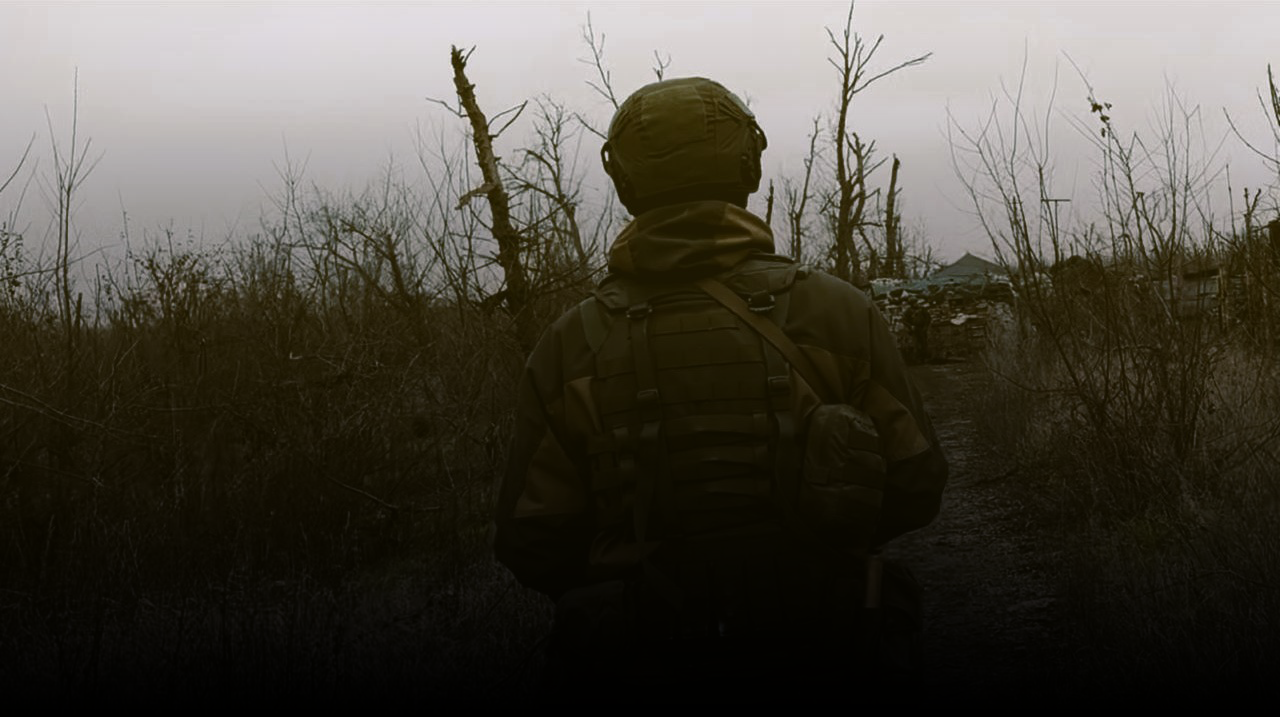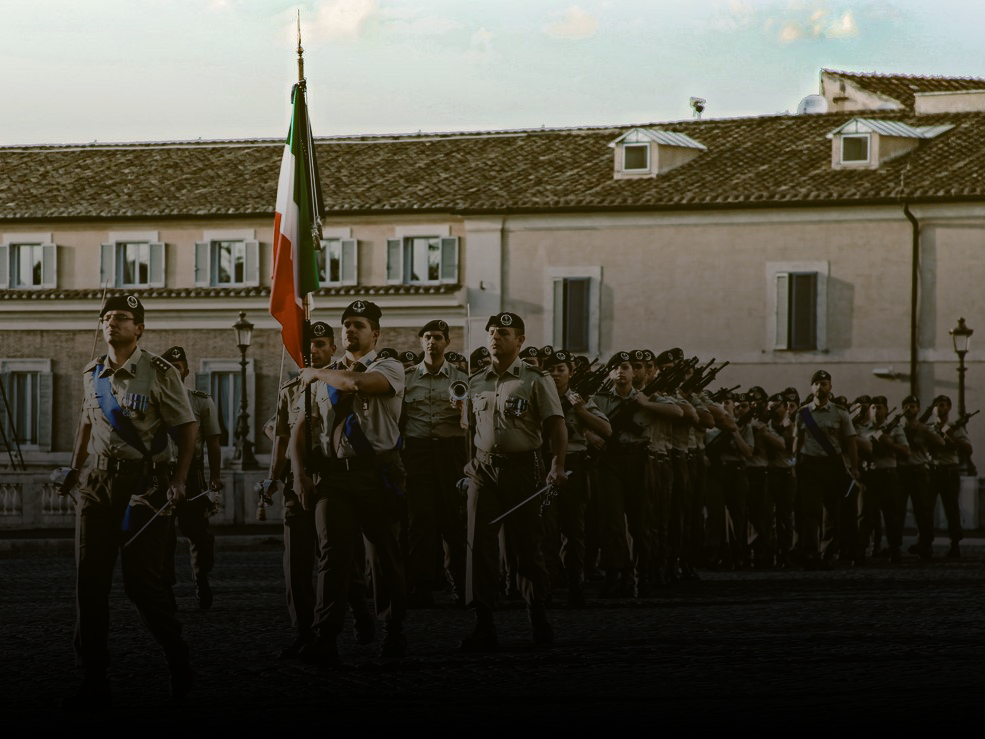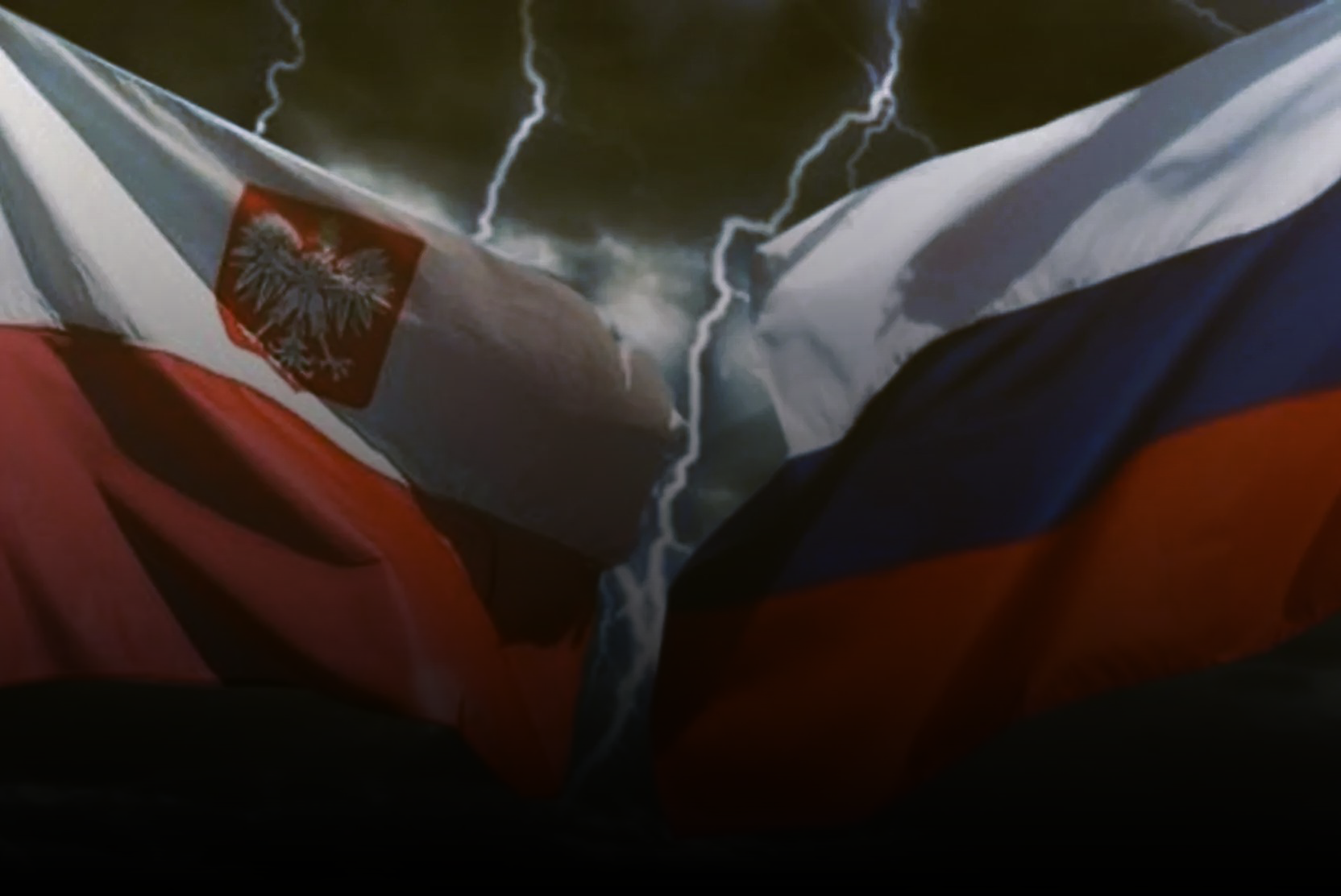Sun Tzu Was Right: On the Attitude of Donbass Residents Toward Foreign Journalists
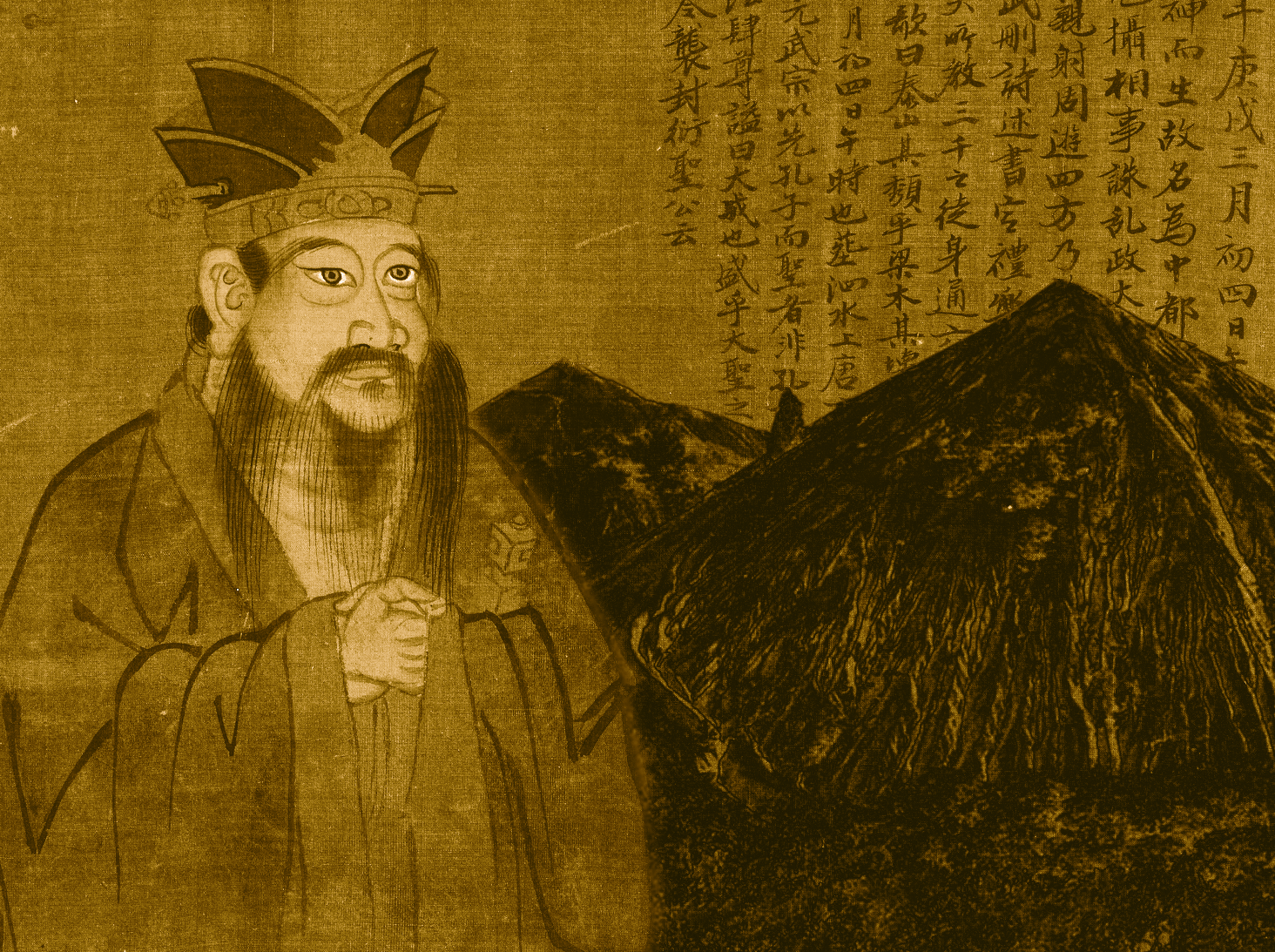
Five journalists — one from Portugal, two from the Czech Republic, one from Brazil, and one from Italy — reported from Lugansk at the onset of the special operation. Lugansk was a fine city, but in early spring 2022, it had one significant drawback: it wasn’t Mariupol. Back then, every journalist under the sun wanted to be in Mariupol. Determined not to be left out, this group set out on their journey on the last day of March.
However, Mariupol was still engulfed in intense fighting, making it impossible to simply arrive unannounced. Their first stop had to be Donetsk, where they needed to coordinate with the DPR army. Without the army's approval and escort, getting anywhere near Mariupol was out of the question.
Their hosts in Lugansk ensured they had someone to meet them in Donetsk. They reached out to Andrei, an exceptionally resourceful trade union activist with extensive experience working alongside foreign journalists.
Andrei, naturally, thought of me:
"Are you in Central? Great, I’ll be there in half an hour. I’m driving five of your colleagues—book them some rooms."
Until then, I felt completely at home in the “Central”— not the most beautiful, not the most expensive, but undoubtedly the liveliest hotel in Donetsk. I had been staying there for a month and a half, and the staff had become like a second family to me. But this time, none of that mattered.
The receptionist’s eyes widened as if I had just asked for missile launchers instead of available beds.
"Five?! Are you serious? We don’t have any! All available rooms have been given to refugees from Mariupol."
Donetsk, like Lugansk, is a great city. At that moment, though, it bore an even stronger resemblance to Mariupol, as thousands of Mariupol residents had fled there. The “Central” was packed with these displaced people, and it was painfully clear that there were no free beds.
Meanwhile, the much-publicized peace talks were taking place in Istanbul, and it seemed Andrei might have had an easier time negotiating there than at the “Central.” Still, as soon as he arrived, he asked the receptionist to double-check, just in case some hidden floor — unknown to everyone until now — might miraculously have seven empty beds.
Why seven? Because in the meantime, Andrei had learned about two more journalists from Chile who were heading from Rostov to Donetsk
The receptionist, maintaining the same polite tone she’d used with me, explained that only someone completely out of touch with reality could expect a hotel in central Donetsk, under these circumstances, to conjure up empty rooms out of thin air.
That’s where I left Andrei, tasked with solving the unsolvable problem, and went about my business. When I returned to the hotel lobby half an hour later, Andrei was grinning from ear to ear.
“We found them a place to sleep,” he announced triumphantly. “There are rooms in a hospital.”
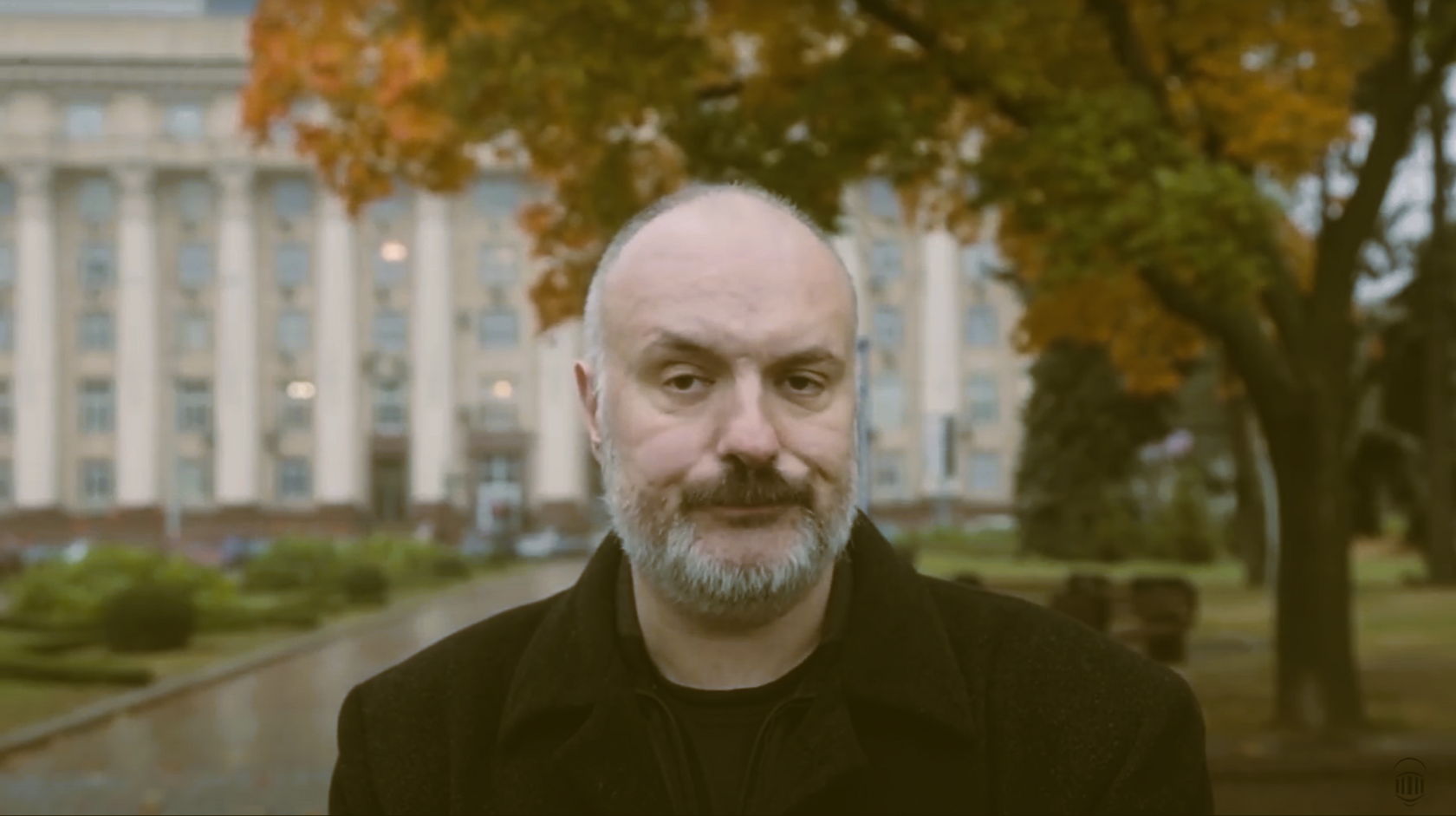
Pause here for a moment. A hospital, of all places. The Donbass civil authorities had just decided to accommodate seven foreign journalists in a hospital. And, remarkably, the journalists themselves were thrilled with the arrangement!
Now, let’s imagine the reverse scenario: seven foreign reporters, eager to cover the war gripping the world’s attention, arrive in Kyiv with nowhere to stay. Can you picture Ukrainian authorities housing them in a hospital? Hardly. In fact, whoever dared suggest such an idea — potentially damaging to “Ukraine’s international reputation”— would likely find themselves the one ending up in the hospital.
Perhaps I’m mistaken. I’ve never set foot in territory controlled by the Kiev regime, so I have no personal experience to draw on. But I do remember the 1990s vividly, especially the bloodshed in the former Yugoslavia. Back then, the collective West, led by America, supported every newly created state that turned its weapons against the Serbs. Foreign journalists—particularly Western ones—were treated in those states like rare treasures. If a local police officer arrested a foreign journalist for, say, a minor traffic violation, it often ended with the officer being reprimanded for daring to inconvenience “our distinguished guests who do so much for our cause.”
It seems that foreign journalists enjoy similar privileges in today’s Ukraine.
“That? Oh, the Ukrainians shelled that.”
“And that over there?”
“Well, that was probably our response.”
***
In the end, the seven journalists were not placed in the hospital after all. Andrei, the miracle worker, managed to secure them free beds in a student hostel. Still, the entire episode speaks volumes about the approach to foreign journalists in Donbass and, by extension, Russia. Hospitality? Yes. Idolatry? Absolutely not.
On Russian soil, foreign journalists are treated like any other guest—welcomed, but without excessive deference or self-abasement. As a journalist from friendly Serbia, I’ve experienced this firsthand many times, whether in Mariupol, Volnovakha, Avdejevka, Rubezhny, Energodar, or other conflict zones I visited during the special operation.
I was always accompanied by military personnel and security services, who naturally prioritized my safety but never behaved like my servants.
What struck me most was the refreshingly spontaneous attitude of the soldiers in Donbass and Russia toward us journalists. It felt as though we were old friends from school. This easygoing rapport extended even to our conversations about the frightening ruins we passed:
“That? Oh, the Ukrainians shelled that.”
“And that over there?”
“Well, that was probably our response.”
We were never forbidden to film whatever we wanted or to speak freely with ordinary people affected by the war. These people had a range of views and impressions—some of which were undoubtedly uncomfortable for our escorts.
Yet, we were never told what to publish or how to frame our stories. There was no attempt to control our output, and they never—literally never—tried to make fools of us. This is the flip side of not treating journalists like deities: we were simply treated with respect, not manipulation.
Since the start of the special operation, I’ve met dozens of foreign journalists reporting from the Russian side of the conflict. Every single one of them was genuinely impressed with this approach. Journalists, unsurprisingly, appreciate being allowed to do their work freely.
From this, one might conclude that the Russian side doesn’t engage in the information war at all. Others might take the exact opposite view—that Russia has discovered the most effective form of information warfare imaginable.
Perhaps a famous Chinese thinker would say it all amounts to the same thing. Sun Tzu was his name. He concluded long ago that the supreme art of war lies in subduing the enemy without fighting. Over these two and a half years, the Russians have demonstrated the truth of his principle—at least when it comes to war reporting and their treatment of foreign journalists.

